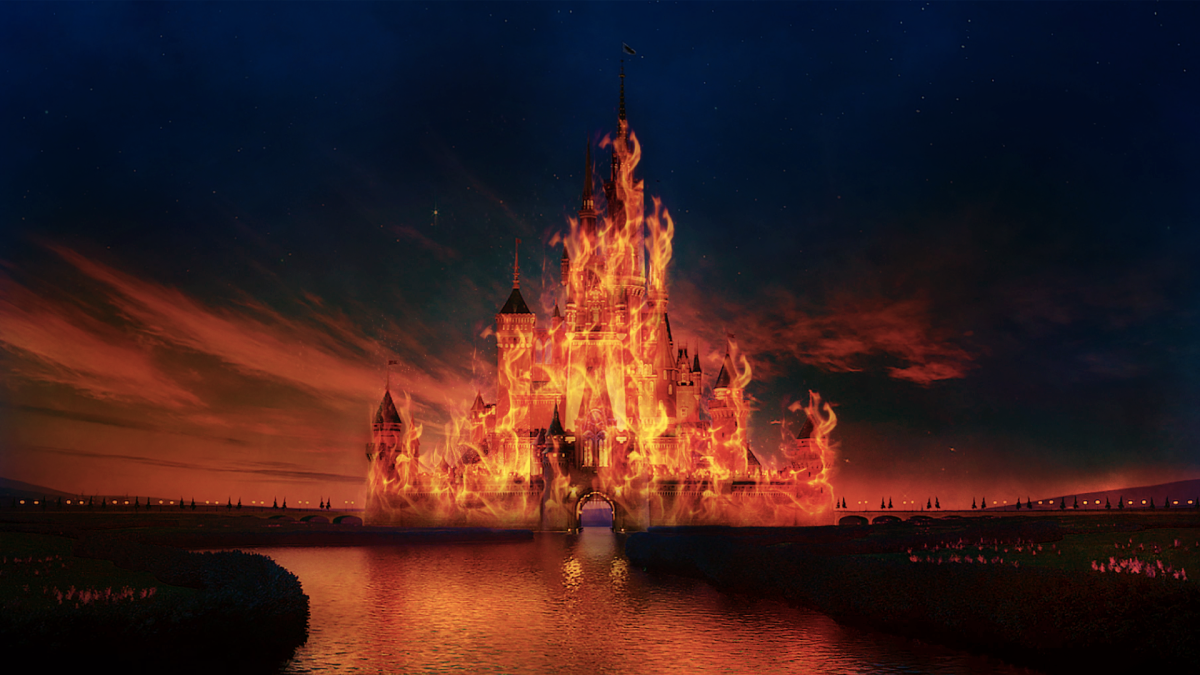Through recent years, the magical realm of Disney appears to be losing its unique charm. What was once a creative powerhouse for storytelling has now declined to a repetitive cycle from being the so-called “happiest place on Earth.”
While Disney’s evolution is arguably an essential response to the frequent shifts in the entertainment business, I can not grasp the fact that Disney is losing its core qualities that made it a cultural icon. The primary concern is the noticeable absence of originality, replaced by a handful of sequels and remakes that dilute the exclusive spark that defines Disney.
Undeniably, Disney operates as a savvy business, strategically recycling beloved classic-animated films into live-action remakes, ensuring a reliable stream of successful revenue. It is a given that past generations will crowd the theaters, seeking to relive cherished memories to bask in nostalgia.
Yet, I wonder if this reliance on yearning risks the growth in creativity by mainly producing visually appealing films with modern technology, like AI, rather than a good storyline. Though these remakes may be financially safe, this solution will compromise the legacy that Disney once held. The challenge debates between adapting to modern trends while also preserving the timeless magic of “The Mouse.”
As the ongoing disagreement unfolds regarding Disney’s evolution, I foresee the years leading up to the ultimate death of Disney. Until then, I have chosen to limit my contribution to the billions Disney already has by not going to the movies. Three years have passed since my last visit to the theaters, and I intend to extend this streak, urging others to do the same.
Regarding my Disney+ subscription, I plan to keep it. But mostly just to watch “Boy meets World.” This streaming service lost 14 million subscribers in 2023, according to Statista. Their new series and movies within the past few years have been pointless and not what I would consider classic Disney. “Timmy Failure: Mistakes were Made” (2020) seemed to take the title too far. It was released on Disney+ during quarantine, but thankfully this is one of the many movies that have been removed from their streaming site.
Disney’s continued descent is further evident in its theme parks. When I recently entered the Disney Parks, I did not feel like I was walking into the “happiest place on Earth.” Other visitors must feel the same way because it is obvious that the wait times are decreasing. An average day at the park is expensive, with one typically spending $200 on just food and souvenirs. While the experience may be fun, it is not worth hundreds of dollars to get sunburned and soaked in sweat. Every year, Disney ticket prices increase even though Bob Iger, CEO of Disney, expressed how he wanted ticket prices to be accessible. To enter the park for one day, prices vary between $109 to $159. It is unfortunate that Iger has the capability to change the current downfall, but his hunger for money is stopping him from the magic we are craving to have back.
I have no doubt Walt Disney is looking down, frowning upon the tragic collapse that is happening to the magical childhood experience he brought to my life. After his death in 1966, the movie era progressively got worse. What many fans consider “the golden era” (1937-1942), included the classic tale of “Snow White and Fantasia.” Six eras later, the downfall of Disney was clearly shown in “the experimental era” (1998-2008). With advancements in technology, Disney experimented with CGI which was reflected by the profit made at the box office.
This loss of magic is transforming our shared cultural experience. No longer will children gather and ecstatically wait for Elsa to appear on the screen to sing “Let it go.” So before you think about buying those tickets for “Mufasa: The Lion King” in 2024, remember your money and public reviews, good or bad, contribute to the pitiful remake trend.




